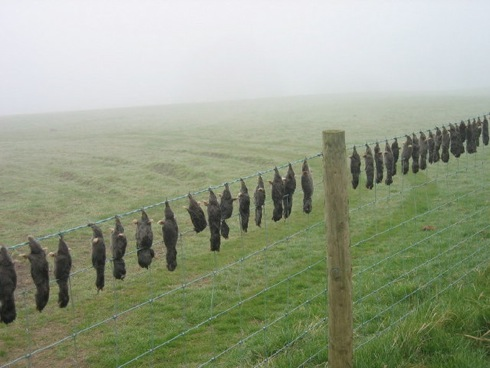
I keep being asked why I don’t go into politics.
There are a few reasons:
1. I'd be rubbish at it.
2. I mean really rubbish.
3. I'd prefer to see women, people of colour and young people entering politics, rather than someone else with my profile.
But more importantly … 🧵
There are a few reasons:
1. I'd be rubbish at it.
2. I mean really rubbish.
3. I'd prefer to see women, people of colour and young people entering politics, rather than someone else with my profile.
But more importantly … 🧵
4. To create change, we need an ecosystem: people with a wide variety of skills, performing a wide variety of tasks.
We need researchers, journalists, campaigners, organisers, supporters, fundraisers, administrators etc, as well as politicians.
We need researchers, journalists, campaigners, organisers, supporters, fundraisers, administrators etc, as well as politicians.
5. Some of these tasks are incompatible. For instance, if I went into politics, I wouldn’t be free to decide what I think, or to change my mind as soon as the evidence changes. I would have to bite my lip and follow a party line. In other words, I couldn’t do the things I do now.
6. And above all, I want to be part of a movement that builds a new politics, a politics which no longer relies only on a few people representing us, but allows us all a greater role in decision-making. Political rewilding, in other words.
theguardian.com/commentisfree/…
theguardian.com/commentisfree/…
7. Such shifts cannot come from the centre. The centre will not propose a surrender of its own powers.
Society is like an amoeba. It moves from the margins.
Society is like an amoeba. It moves from the margins.
• • •
Missing some Tweet in this thread? You can try to
force a refresh




